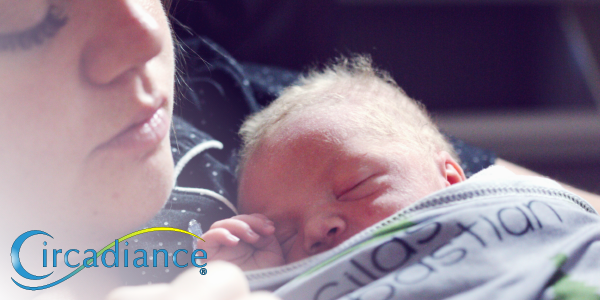Most hospitals with labor and delivery capabilities are equipped to stabilize critical newborns, but not all hospitals can provide continuous care to this special population. In a hospital that is incapable of caring for these sick babies, they must rely on outside facilities to come and transport the infant to a hospital with a neonatal intensive care unit.
What affect does this have on the infant and mother? Studies show that physical and emotional connection between newborns and their parents is very important for development, especially in preterm infants. Preterm infants that do not have sufficient interactions with their mother show delays in emotional and cognitive development as well as long term health consequences (Flacking, et al., 2012). A mother separated from her infant is also at a higher risk for postpartum depression, and is known to cause maternal stress and anxiety.
Is there a need for community hospitals with maternity wards to push to keep some of these critical infants? Some hospitals are now working towards this, offering a little more support to keep infants with their mothers. More studies need to be done regarding the benefits of keeping these two vulnerable populations together, as well as studies at the quality of care these smaller hospitals can provide to these tiny patients. Imagine being stuck in one hospital after giving birth, while your newborn is in critical condition at another hospital hours away. This is a hard burden to bare for many NICU families.
Read more about what families face in the NICU here and what they go through after leaving, here.
Flacking, R., Lehtonen, L., Thomson, G., Exelin, A., Ahlqvist, S., Moran, V. H., . . . Dykes, F. (2012). Closeness and Separation in Neonatal Intensive Care. Acta Paediatrica, 1032-1037.





